Vaccine politics: Can one take a US-made vaccine after taking a China-made one?
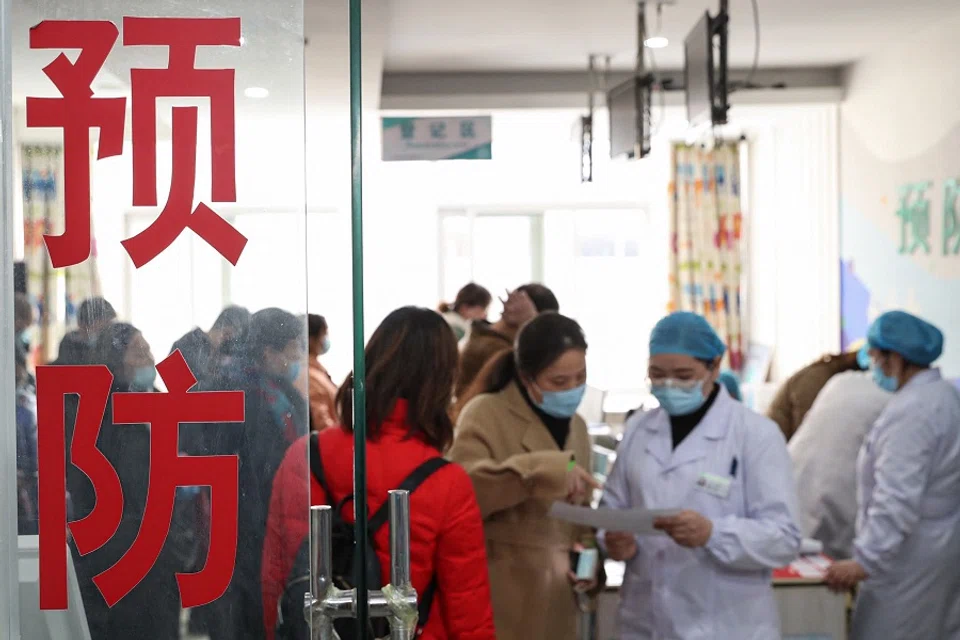
Foreigners in Beijing have recently received an invitation to take the China-made Covid-19 vaccine. Whether or not one should get inoculated has become a hot topic discussed during leisure time and at meals and gatherings.
My friend S firmly said that she would get vaccinated as soon as there was an opportunity to do so. Her reason is very simple: "As long as the jab makes it that much easier for me to return home, I am willing to take it." Following the global spread of the pandemic, China closed its borders in late March last year. Beijing-based S entered China before it shut its borders and has not returned home to Singapore for a whole year since then.
Visa facilitation for those who had taken 'made-in-China' vaccines
The Chinese embassies in the US, Japan, the Philippines, and so on released notices in the middle of this month saying that China would make it easier for foreigners who are able to provide evidence that they have been inoculated with the China-made vaccine to apply for visas to enter the country. The Office of the Commissioner of the Ministry of Foreign Affairs of the People's Republic of China in the Hong Kong Special Administrative Region also announced recently that it would provide visa facilitation for entry into the mainland for individuals who have been inoculated with the China-made vaccine and who have obtained the vaccination certificate.
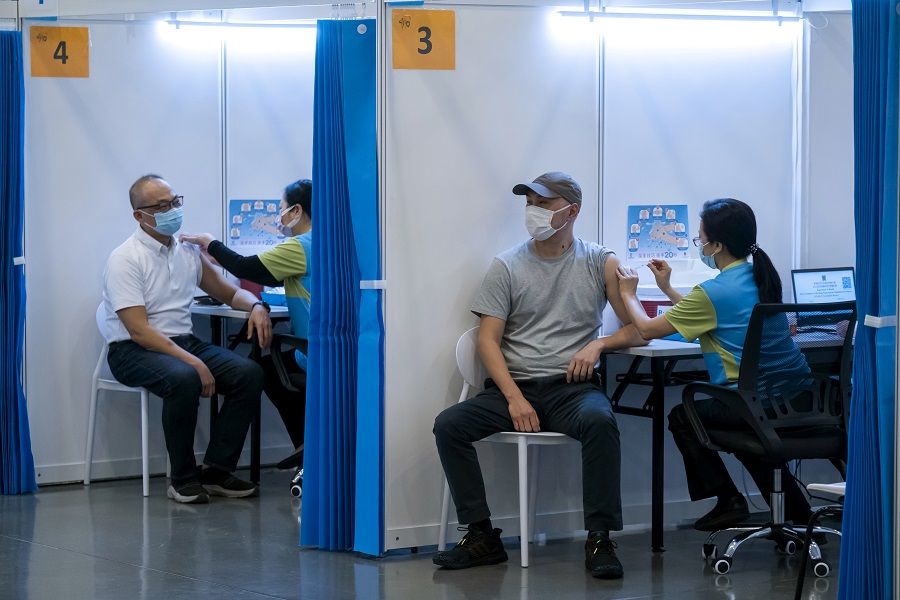
While the Chinese embassy in Singapore has yet to release a similar statement, S said with strong conviction that it is "just a matter of time" before China further relaxes its border restrictions to people who have taken the China-made vaccine. So she wants to prepare herself and first get a vaccination certification.
S's words made those at the dinner who were initially unsure about getting vaccinated in China more inclined to follow suit.
It takes less than seven hours to fly from Singapore to Beijing. But following the pandemic, direct flights between Singapore and Beijing have been suspended for the past year. People who wish to return to Singapore from Beijing have to make multiple transits at various Chinese cities. Border management measures amid the pandemic have also made foreigners working in China worry that they would not be able to apply for a visa to re-enter China after leaving.
Many people at the dinner had not returned home to visit their families since the pandemic broke out last year. Now, as the world scrambles to vaccinate the population, there is an expectation of cross-border movement of people once again.
L, who was already prepared to return to Singapore only after her overseas stint comes to an end a year later, is also seeing a ray of hope in returning home to her family in the near future and has started to find out how a foreigner can register to be inoculated in Beijing.
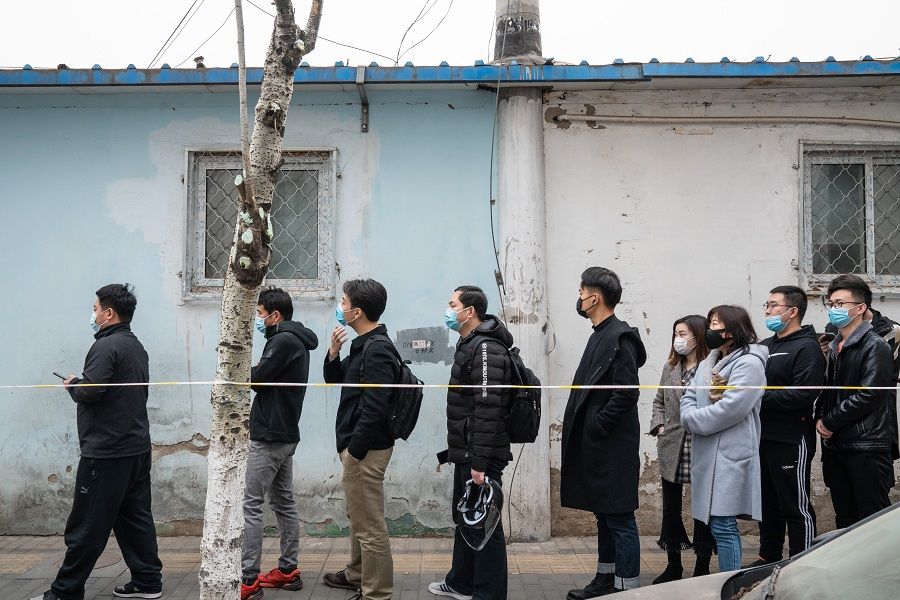
While it is easy to enter China after taking the China-made vaccine, how about entering other countries? Would China's vaccine be recognised by other countries? Can one still take a US-made vaccine after taking the Chinese one? How long would a vaccination certificate be valid as a "vaccine passport"? More questions started coming up at the dinner gathering as we discussed the topic further.
But the fact is, very few Western countries have approved China-made vaccines...
The politics of vaccine passports
As more and more people around the world get vaccinated, an increasing number of governments are discussing the idea of a "vaccine passport" and exploring the possibility of using vaccination as a condition for exemption from quarantine upon entry. Many governments hope that this will help reopen borders and revitalise the economy, and in particular, help the international aviation and tourism industry to recover as soon as possible.
However, it is still highly uncertain when we will be able to travel overseas at will. Many disease control experts and the WHO have their reservations about vaccine passports, because it is unclear whether those who are vaccinated are still able to spread the virus. Currently, the vaccines developed by various countries are different, and clinical trials show different levels of efficacy. The scientific arena has no firm understanding of the effectiveness of the vaccines or how long they last, so getting vaccinated does not mean immunity.
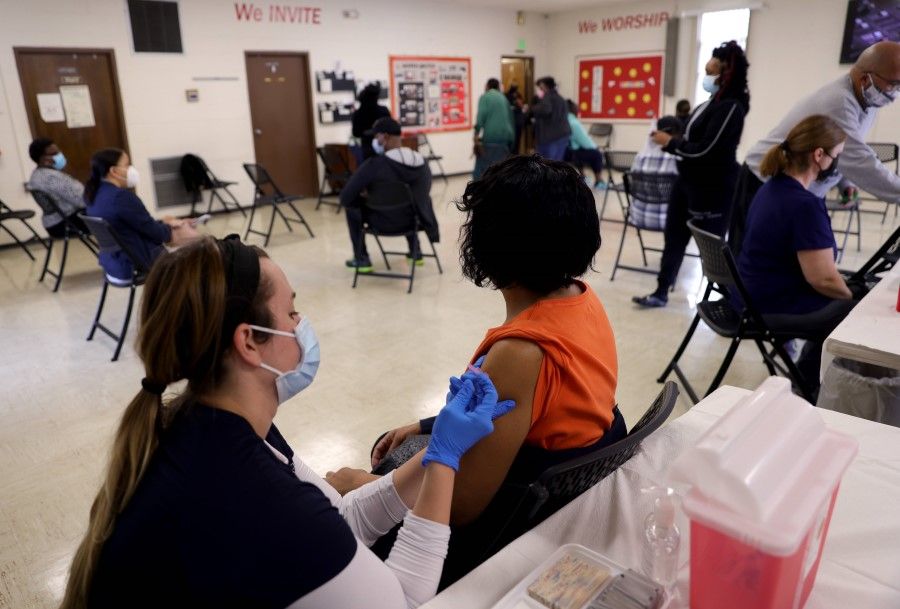
Even if science can answer these questions, there will be many difficulties getting countries to overcome political obstacles and recognise vaccine passports. Even before the concept of international vaccine passports has taken shape, political competition in vaccine recognition is starting to emerge.
China has not approved vaccines developed by Europe and the US, such as those by Pfizer, Moderna, and AstraZeneca.
Vaccine passport may soon dictate travel destinations
China is one of the countries actively pushing for a vaccine passport. The authorities have already started rolling out for its citizens the equivalent of an "international electronic health travel certificate" that includes nucleic acid test and serum antibody results, vaccine inoculation status and other information. Foreign nationals who have been inoculated with China-made Covid-19 vaccines will also get priority in visa applications. But the fact is, very few Western countries have approved China-made vaccines, and if China only relaxes restrictions for those who have been inoculated with China-made vaccines, many people would be excluded.
Similarly, China has not approved vaccines developed by Europe and the US, such as those by Pfizer, Moderna, and AstraZeneca. And if China-made vaccines are not approved in Europe and the US, the Chinese who want to travel to these countries would not be able to be inoculated with the vaccines from Europe and the US. Proof of inoculation with China-made vaccines alone would not allow them the convenience of a vaccine passport. And in Europe, the problem of non-recognition of vaccines is coming up - the Digital Green Certificate proposed by the EU currently only covers vaccines approved by the European Medicines Agency, while vaccines from China and Russia are not on the list.
... would one have to get inoculated with one vaccine on the right arm and another on the left in order to travel freely? Would our bodies be able to take it?
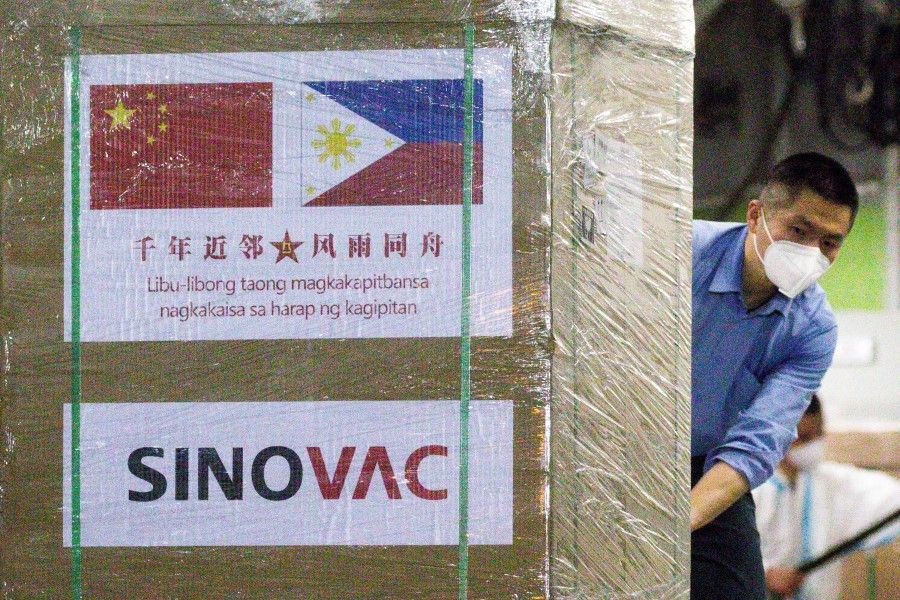
When the China-US trade war and tech war began in 2018, some experts predicted a scenario of "one world, two systems". And now with the continued deterioration of China-US relations, and the hostility and second-guessing between China and the West, this scenario is no longer hard to imagine. When it comes to approval, purchase, and certification of vaccines, countries are split, just like in purchasing of 5G technology or military arms. If there are no standards established for certification, the world is heading towards polarisation in terms of the vaccine passport.
We are living in a world of two ideologies where the language of different systems are used to communicate with people in two different worlds. Different sets of apps are installed on our phones - Baidu, WeChat, and Weibo in China, and Google, Facebook, and Twitter outside of China. If the barrier between these two systems extends to health certifications and vaccinations, would one have to get inoculated with one vaccine on the right arm and another on the left in order to travel freely? Would our bodies be able to take it?
